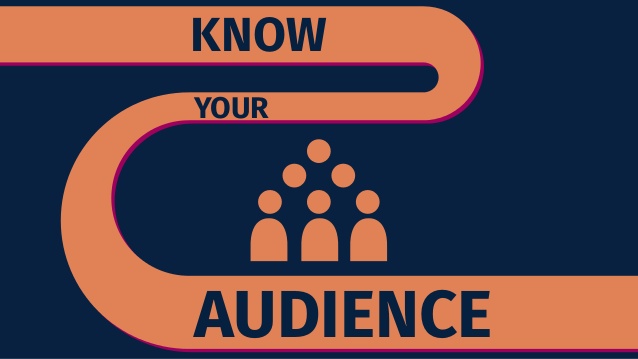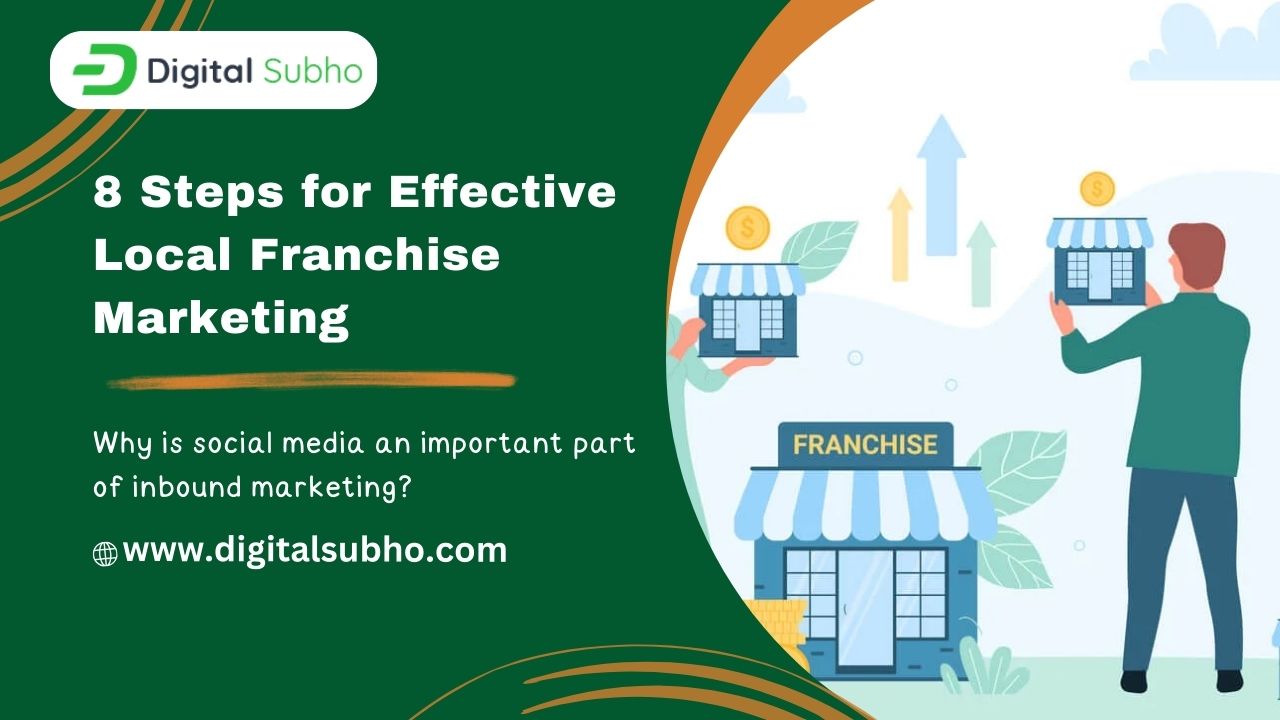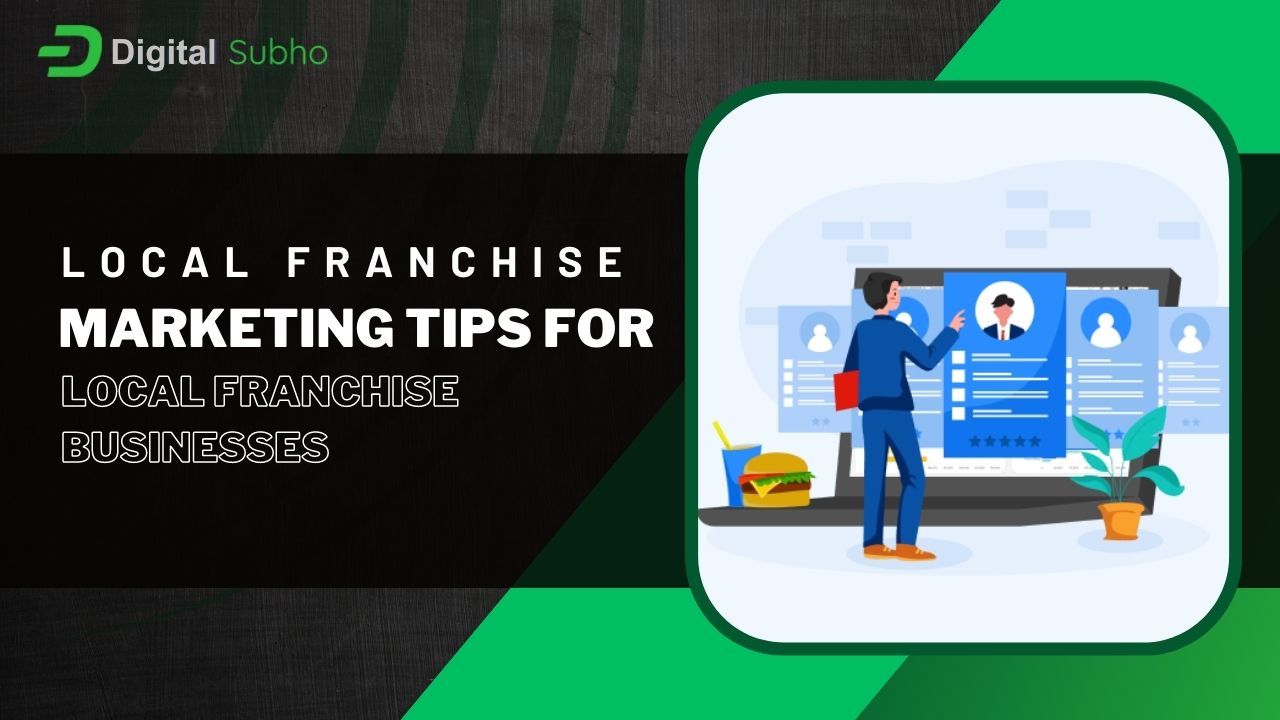A few winning tips on How to Know what your Audience Wants
- 12 Dec, 2019
With a number of marketing styles and strategies being there, it’s easy to lose sight of some of the fundamentals inherent to every strategy. Practically, only a few principles are significant for achieving success in every marketing strategy. One of the key tactics is to understand your audience, both inside and out. If you don’t know your audience, you would not be able to choose your marketing strategies. So let’s go through some of the most practical ways that will help you to understand your audience better:
Table of Contents
Perform your research well in advance
Firstly, do your market research. Make sure that the demographics you’ve chosen are the right ones for your brand and product. A number of modern tools are available to help you out, some of which are free. These tools will assist you in finding out essential information about demographics. Don’t just concentrate on the particular demographic you’ve assumed from the beginning. Get to learn about related niches and gauge interest in your product or services from other areas. Gather sufficient information about your target audience.
Look at your Competitors
Basically, this is an alternative form of market research. You have to look at your competitors who share the same target audience as you. Get details about their brand, their brand voice, their marketing strategies, etc. Evaluate the techniques they are using. Understand why did they use a particular phrasing, rather than some other phrasing? Try to find out why they are using a particular image rather than another one. There is always a chance that your competitors also don’t know what they’re doing. But even then, this will help you to improve.
Make a Customer Persona
Customer persona is used by businesses everywhere in order to get a better concept of their target demographics. Here, you will have to work to create an outline of your target customer. This helps you to conceptualize and talk to your average target customer. Further, it serves as an ideal tool to get your other team members to speed up.
Know your Clients Personally
This step is feasible only when you have some actual customers. While working with your clients individually, give some extra time to get to know them on a personal level. Pay heed to what they are actually concerned about when they talk to you. Understand what appeals to them, scares them, or excites them. This is not possible, if you apply these insights to a general audience. However, as you get to know your clients individually, you will be able to make useful generalizations.
Analyse Reader Comments & Engagements
This is highly essential, if you’re running a content marketing or social media strategy. Pay close attention to the number of people are responding to your work. Notice how they are responding, and how often they are responding. Normally, the more engagements you receive such as likes, comments and shares, the better your campaign is faring. You can utilise this information to find out what topics are valued by your audience. You can also find out what types of messages don’t appeal to them. Measure these metrics over time to establish patterns and learn more about your audience.
Conduct Surveys
We have finally reached the most straightforward way to learn more about your audience by asking them questions. It doesn’t take much time to launch a survey. Just put a question about anything you want to know about your target audience. You can put in a question and submit it to your social followers and email subscribers. From here, you can collect information about all the insights you ever wanted.
Conclusion
All of these above strategies will help you to understand your audience much better. However, remember that this is still only one side of the equation. Once you gather information regarding the habits, lifestyles, behaviours and preferences of your key demographics, you’ll have to improvise your strategy accordingly. All your insights need to have some considerable influence. Otherwise, they will remain confined to the conceptual world which will have no impact.










